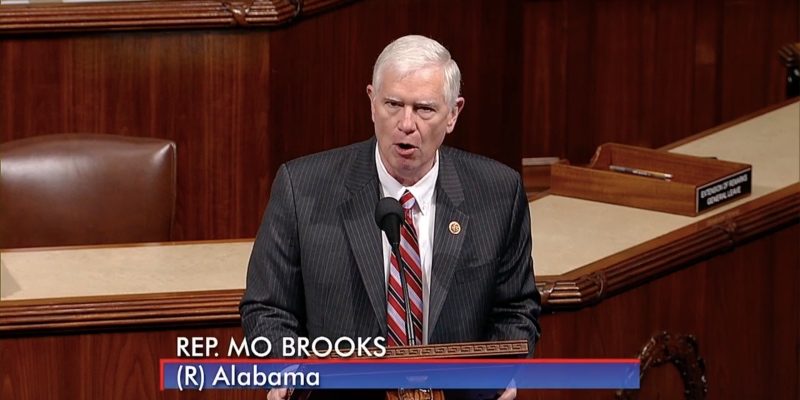
On Tuedsay, a disabled Alabama veteran delivered a powerful testimony to the Senate Veterans Affairs Committee.
The moving moment came from David Riley, a Mobile native and National Commander of the Disabled American Veterans (DAV).
Riley’s military career included service with the Army and the Coast Guard, where he contracted septic shock pneumococcus sepsis. After falling into a coma, he awoke to find that all four limbs and some internal organs had been amputated due to his infection.
“As the realization of what had occurred settled over me, I felt despair at the loss of my limbs. I could not imagine how the rest of my life would have any value or happiness,” Riley told the committee. “I know that I am not the first person, nor will I be the last, whose life was permanently changed by a traumatic injury or illness incurred in military service; but at the time it was hard to find any perspective or maintain any hope. This pivotal moment is when DAV entered my life.”
He has since become a leading advocate for disabled veterans, and used his platform to urge Congress to take further action that would improve care for servicemen and women who have experienced similar health-related hardships.
“As long as there is a need for a military, there will be a need for DAV, the VA and other organizations dedicated to caring for those who served. And history shows, sadly, that this need is not likely to go away,” he said.
The priorities that Riley suggested to the Senate panel for consideration included revamping the current “choice” healthcare program available to vets, streamlining VA processes and budgeting, and reforming accountability and transparency practices.
Rep. Bradley Byrne was on hand at the meeting to introduce Riley.
“It is a distinct honor to represent someone like David Riley, a person who has given so much to his country and is now continuing to serve his fellow veterans,” Rep. Byrne said.
Rep. Byrne is sponsoring a bill that would expand private healthcare access to all veterans under the current VA Choice Program, which is currently only available to those who have waited longer than 30 days for care from a VA hospital or live more than 40 miles away from a VA facility.
You can watch Riley’s testimony here, which begins around the 33 minute mark.












